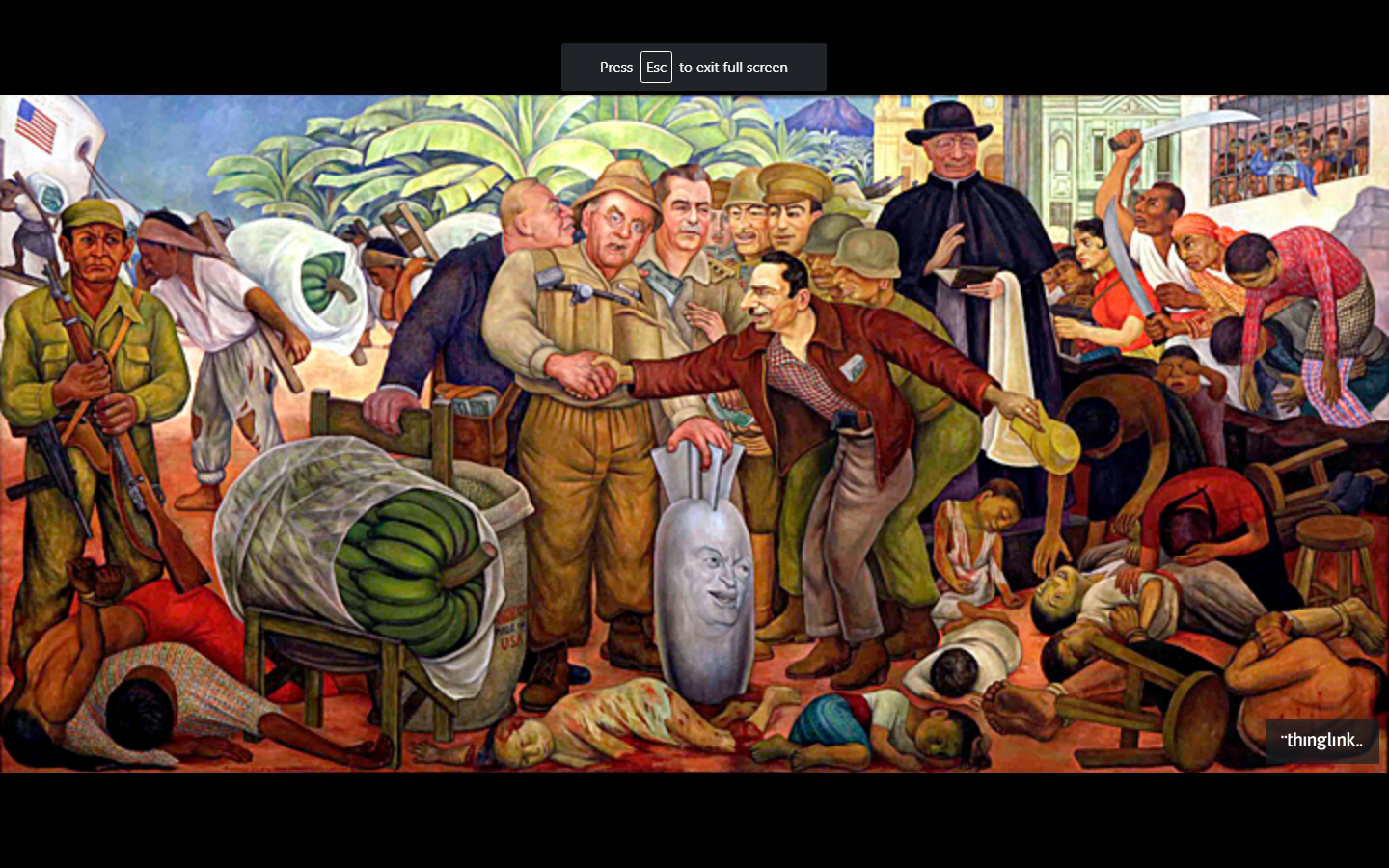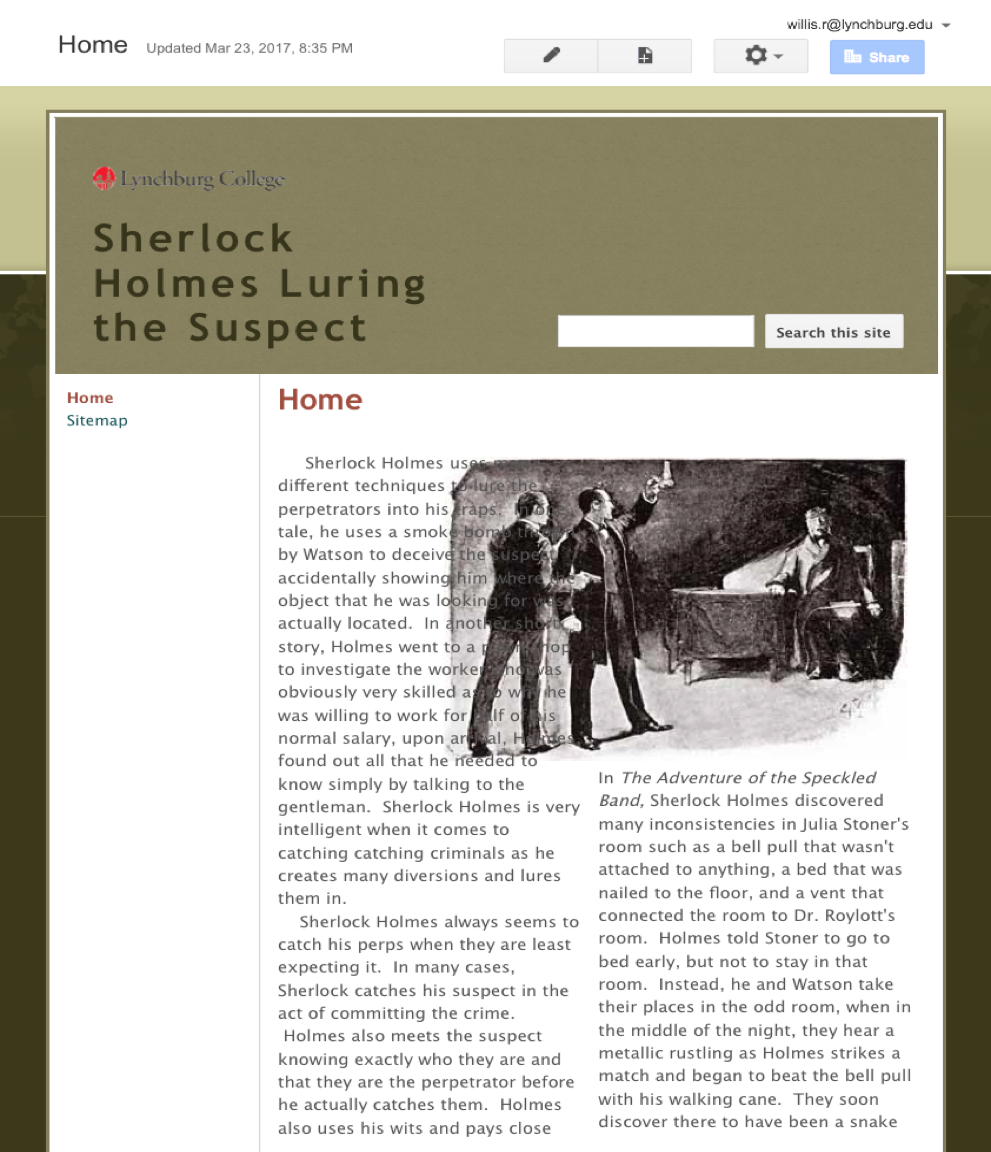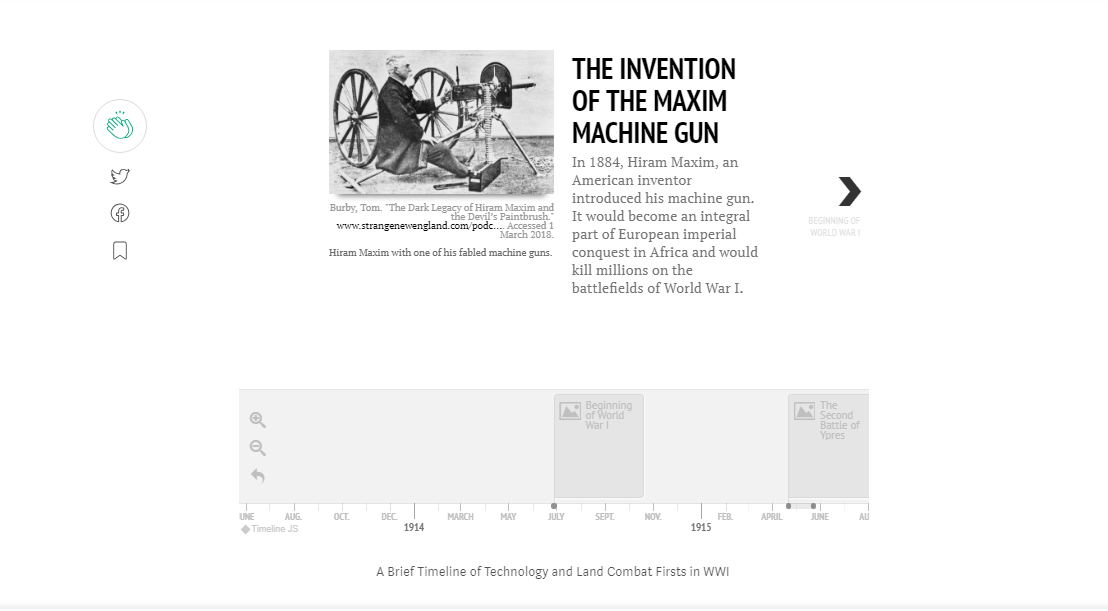I believe in using dialogue to foster a love of learning. Since no one learns in a vacuum, the ability to converse with all sorts of texts—written, visual, musical, and more—is essential to academic success, critical thought, and personal growth.
As an instructor, my job is to nurture this ability to engage in dialogue. I can do this by demonstrating how to inquire into issues and how to explore multiple responses to the situations we discover. As a former chair commented after observing my class,“Rachel Willis guides [students] into discovering through questions, prompts, and observations. . . It’s great to see students ask questions, find answers, and wrestle with interpretations.” This approach enables me to offer safe spaces that build student confidence and encourage critical thought.
I also emphasize that reading and writing, beyond academia, play a foundational role in student lives, teaching them to listen to the experiences of others, to assimilate new knowledge and sit with the troubling such knowledge may cause, and to deeply engage in the urgent issues of today and tomorrow. My goal, beyond mastering course concepts, is to show students why we study culture, literature, and writing, so that they are prepared to engage with the wider world. Last semester, the University of Lynchburg’s Sommerville Scholar, winner of our most prestigious academic award, noted how the class she took with me, Stories of Conflict, allowed her to explore important concepts through the lens of broader thinking as we considered communities beyond our classroom:
“This was by far my favorite class I have ever taken at Lynchburg. . . We had many opportunities to talk about social justice and so many issues facing humanity. Professor Willis wants us to go out into the world with a better understanding of the issues being faced and . . . how we can solve those problems. Professor Willis worked hard to provide us with a variety of learning experiences. We had guest speakers on many different topics, and I got to really explore my own thoughts. I always felt comfortable sharing my opinion with the class. Professor Willis creates such a positive atmosphere where people want to be vulnerable. This class epitomizes the Liberal Arts to me because it synthesized so many different ideas in the same class.”
To foster dialogue and help students synthesize ideas, I utilize a variety of teaching methods that engage different modalities and learning styles. I mix lectures with games, student surveys with group explorations, and discussions with experiential learning. Finally, as a Digital Humanities scholar, I use digital tools to complement student learning and foster contribution to the wider world. For example, the Stories of Conflict class noted above contributed to the Library of Congress’s Federal History Project by interviewing a veteran whose story became part of the project’s digital collection in September, 2018. This work of giving voice to someone else’s experience shows students they are ready to enter the world’s larger conversations.
Former Student
"Class discussions and class activities were always engaging and prepped us for in-depth learning. For instance, we played jenga once to examine one reading about factors threatening American superiority."



